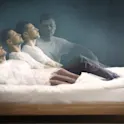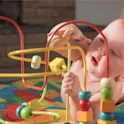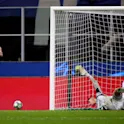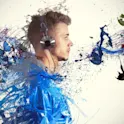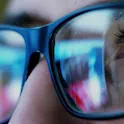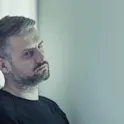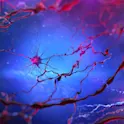
Neuroscience
05 Nov 2021
Infographic: How grid cells in the brain help us navigate the world
Image: Corona Borealis Studio/Shutterstock.com Have you ever asked yourself what is it in our brains that actually helps us navigate in the world? Helping us answer that question, Prof May-Britt Moser won the Nobel Prize in Physiology or Medicine in 2014 for the discovery of cells that constitute a positioning system in the brain. When you think about navigation, what is the first thing that comes to mind? Is it the well-known GPS system in your cellphone? An underwater journey of a submarine to its destination? Or perhaps a team assignment in the scouts, to find your way back to the camp at night? Would you be surprised to know that our brains have a built-in navigation system responsible for representing our location in the environment and for orienting us so that we can successfully get from one place to another? This mental representation of the environment is often called a cognitive map and was the focus on a Nobel prize-winning paper published by Prof May-Britt Moser. ► Read and download (pdf) of original article While navigation in the environment appears seamless and automatic, the brain’s navigation system is actually quite complex, composed of several brain regions and various cells types. […]
